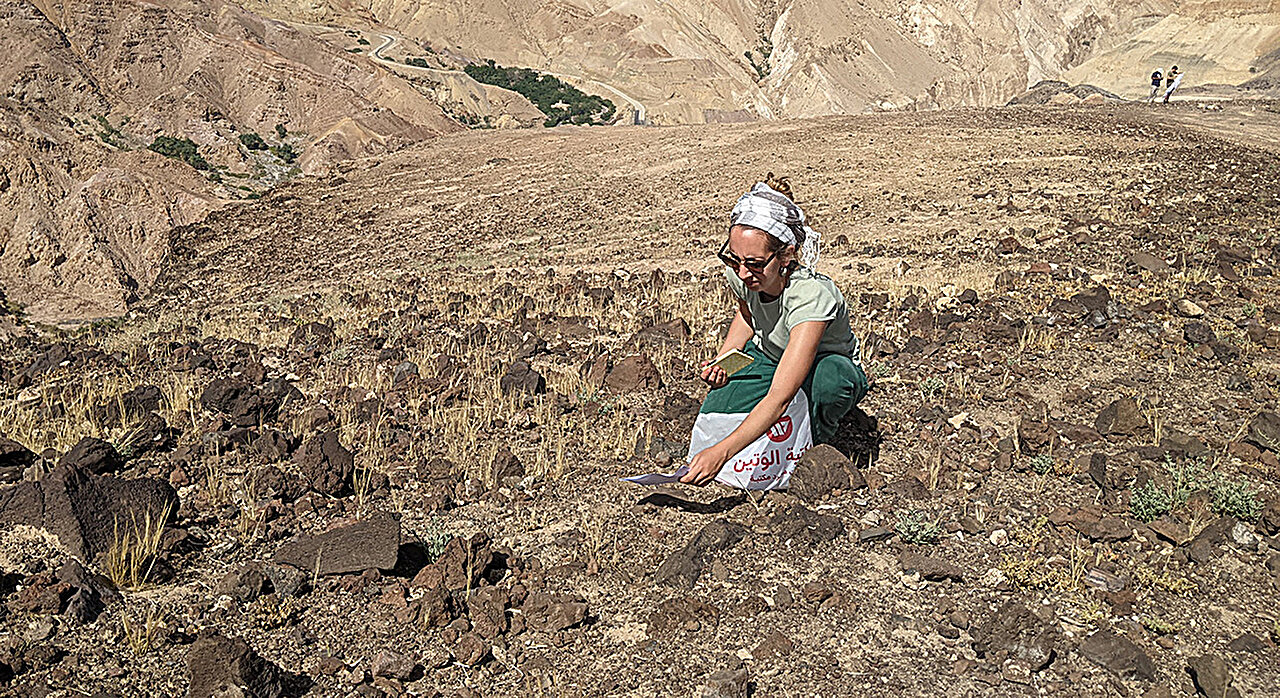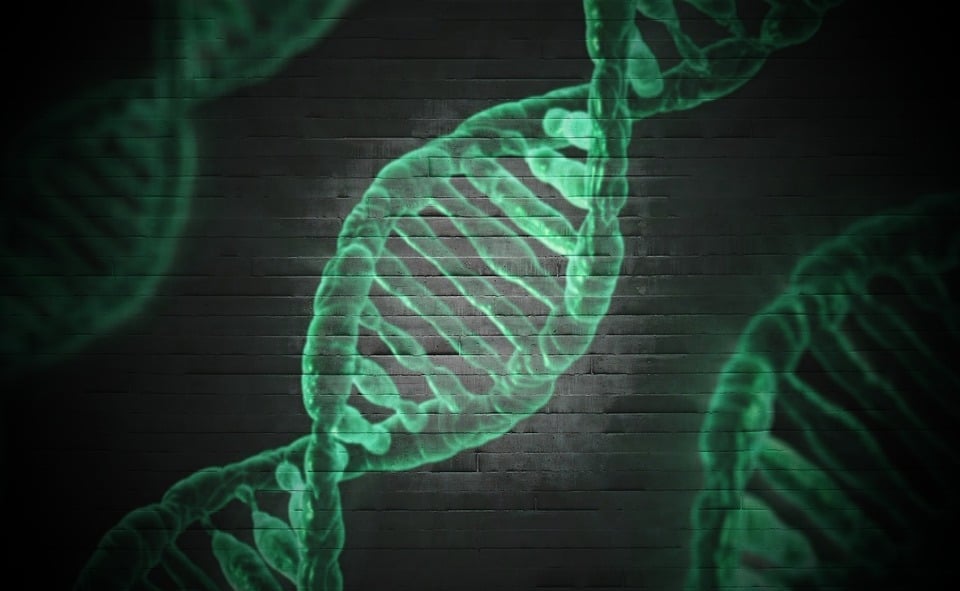
The U.S. government has announced a significant reduction in vaccine research and development funding, alongside a relaxation of federal vaccine requirements. This decision extends beyond domestic borders, as the Trump administration has also halted financial support for Gavi, the Vaccine Alliance, a global initiative that has been instrumental in vaccinating millions of children in low- and middle-income countries against diseases such as measles and cholera.
Gavi, which collects funds from both government and private donors, spends approximately $1.7 billion annually to procure and distribute vaccines. Since its inception in 2000, Gavi has vaccinated over 1.1 billion children in 78 countries, preventing more than 18 million deaths and saving over $250 billion in health and economic costs, according to the organization.
Impact of U.S. Withdrawal from Gavi
In 2024, the U.S. was Gavi’s third-largest funder, contributing $3.7 billion between 2000 and early 2025. The Biden administration had pledged an additional $1.6 billion over five years starting in 2026, plus $300 million for the remainder of 2025. However, Health and Human Services Secretary Robert F. Kennedy Jr. announced on June 26, 2025, that these commitments would not be honored, creating a significant shortfall in Gavi’s budget.
This development has raised concerns about Gavi’s future reliance on philanthropy. Although Gavi’s other donors, including the U.K. and the Gates Foundation, have reiterated their commitments, the $3 billion gap in Gavi’s five-year plan remains unfilled. Gavi is now seeking new funders and exploring cost-cutting measures to mitigate the impact of the U.S. withdrawal.
Challenges of Increased Philanthropic Reliance
As Gavi potentially becomes more dependent on philanthropic contributions, several challenges may arise. In 2024, over 20% of Gavi’s funding came from companies and foundations. The organization aims to increase this percentage by attracting new donors. However, the reliance on philanthropy can complicate the public health landscape, as observed in my research on vaccine hesitancy and fieldwork in clinics across South Africa and Tanzania.
While Gavi’s programs have significantly boosted childhood vaccination rates, they often fall short in helping countries build sustainable vaccination systems that can function independently of foreign aid. Corporate donors and foundations, unlike governments, are not accountable to voters or taxpayers in the recipient countries, which can lead to misunderstandings about philanthropic decisions.
Concerns Over Donor Influence
The Gates Foundation, Gavi’s largest private contributor, has provided $30.6 billion since 2000 to advance vaccines, with $7.7 billion directed to Gavi. Despite the foundation’s contributions, its significant influence has raised concerns. Health workers in African clinics have expressed unease about the foundation’s control over vaccine brands and target age groups, decisions often made without input from local health ministries.
“That’s all decided by donor offices – not by our own (health) ministry,” said a doctor in Dar es Salaam, Tanzania.
Furthermore, the Gates Foundation’s reporting requirements have added pressure on health workers, sometimes detracting from patient care. A district health official in rural Tanzania noted that meeting strict targets set by a Gates Foundation-backed program required extensive paperwork, a task made more challenging by the lack of computers and reliable electricity.
The Limits of Philanthropy
While foreign government funding can also influence local priorities, it typically involves bilateral agreements and diplomatic protocols, which can moderate its impact. In contrast, large foundations like the Gates Foundation operate with more autonomy, shaping programs around their goals. This can lead to perceptions of foreign philanthropy overriding local priorities, potentially stirring resentment.
Rob Nabors, director of the North America Program at the Gates Foundation, emphasized that philanthropy cannot replace U.S. government assistance. He stated,
“There is no foundation – or group of foundations – that can provide the funding, workforce capacity, expertise, or leadership that the United States has historically provided to combat deadly diseases and address hunger and poverty.”
The U.S. government has historically played a crucial role in global health diplomacy, forming long-term partnerships with health ministries and investing in infrastructure like research labs and vaccine storage systems. Foundations, despite their contributions, typically do not operate on the same scale as government aid operations.
Regardless of funding sources, Gavi remains essential for global health security. Diseases like measles do not respect borders, and with global air travel facilitating the rapid spread of contagious diseases, U.S. support for Gavi is not just an act of international generosity but also a measure of self-protection.
The Gates Foundation, which funds The Conversation U.S. and internationally, underscores the importance of continued support for Gavi, highlighting the interconnectedness of global health efforts.





